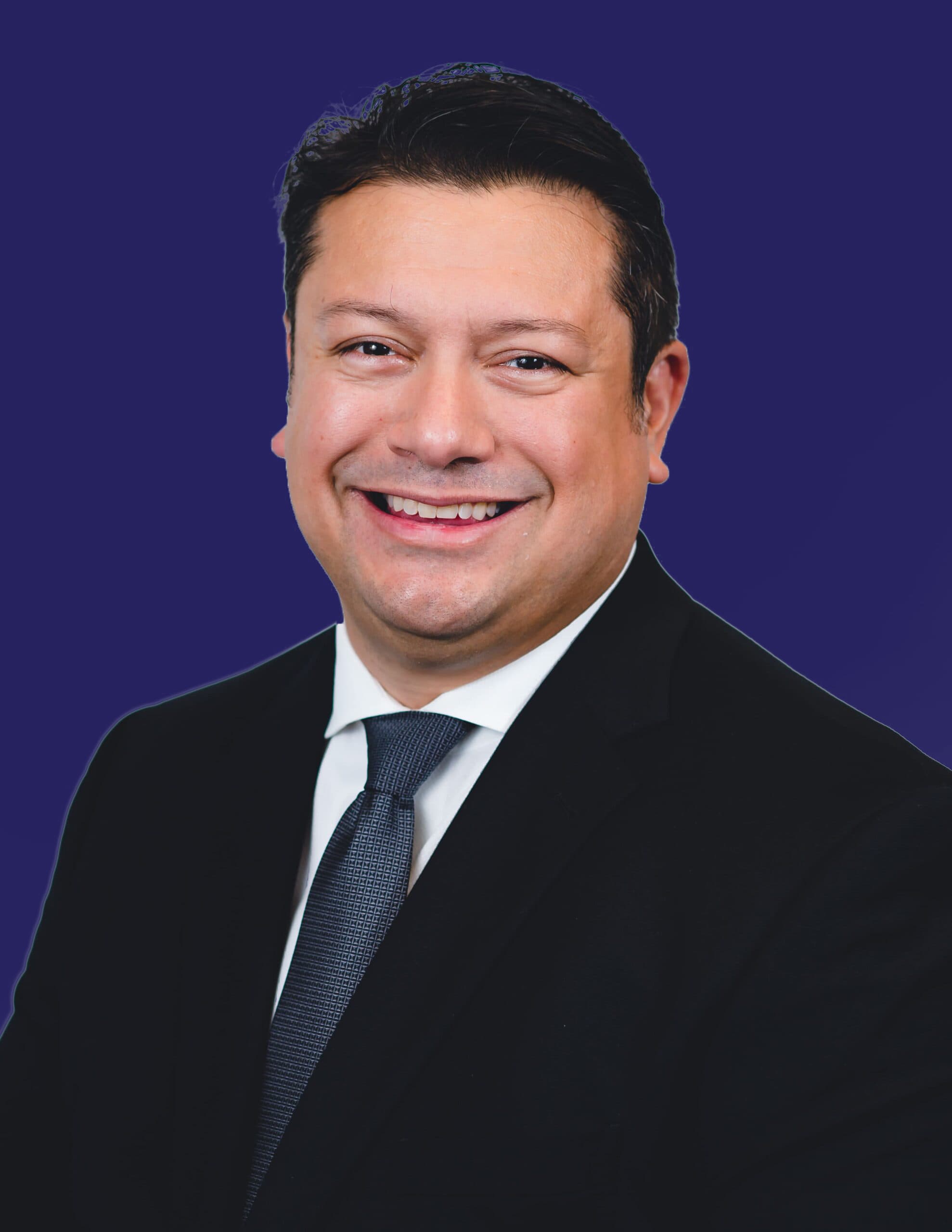
Recent reports highlight a troubling case: a man born on a U.S. military base in Germany was deported to Jamaica, having never legally acquired U.S. citizenship – even though his father was an American soldier. This shocking real-world example shows how complex citizenship laws can have life-altering consequences. If you were born on a U.S. military base overseas, you might assume you’re automatically a United States citizen. But here’s the truth: birth on a military base outside the U.S. does not guarantee citizenship. And even if you’ve had a U.S. passport your whole life, you could be living without legal proof of citizenship.
Thousands of U.S. military families are stationed around the world. When a child is born on a military base in a foreign country, many parents assume their child is automatically a citizen. In reality, children born abroad need specific steps taken to confirm and document their U.S. citizenship.
There are two ways to establish and document your legal status as a United States citizen:
Without one of these documents, you could face serious issues proving your status – even if you’ve had a U.S. passport in the past.
You might think, “I’ve had a U.S. passport for years – what’s the problem?” Unfortunately, passports can be issued in error. If the government later determines that your citizenship wasn’t properly established, you could lose your passport and even face removal proceedings.
We’ve seen cases where adults discovered in their 30s or 40s that they weren’t legally recognized as citizens, despite spending their entire lives in the U.S.
You might be at risk if:
If you were born abroad and aren’t sure if your citizenship was properly recorded, it’s time to act. An experienced immigration attorney can:
Don’t assume. Know for sure. Citizenship is too important to leave to chance—or assumptions made decades ago. At Godoy Law Office Immigration Lawyers, we help people all over the country clarify their immigration status, get proof of citizenship, and avoid surprises that could impact your career, travel, or future.
📞 Call 855-908-3963
💻 Schedule a consultation online
📍 Serving all 50 states from 6 convenient Chicago locations:
Oak Brook • Waukegan • Elgin • Orland Park • Berwyn • Aurora
Is everyone born on a U.S. military base a U.S. citizen?
No. Being born on a U.S. military base overseas does not automatically make you a U.S. citizen. U.S. military bases are not considered U.S. soil for birthright citizenship purposes. Your citizenship depends on your parents’ citizenship status and whether they took legal steps to document your birth as a U.S. citizen.
What is a Consular Report of Birth Abroad (CRBA)?
A CRBA is an official document issued by a U.S. embassy or consulate that confirms a child born outside the U.S. acquired U.S. citizenship at birth. It must be applied for by the parents, typically soon after the child’s birth.
What is the N-600 form, and who should use it?
Form N-600 is the Application for Certificate of Citizenship. If you were born abroad to U.S. citizen parents but never received a CRBA, you can apply for a Certificate of Citizenship using Form N-600 to formally prove your U.S. citizenship.
I’ve had a U.S. passport for years. Doesn’t that mean I’m a citizen?
Not necessarily. A passport is strong evidence, but it is not definitive proof of citizenship – especially if there were errors or missing documentation during your original application. If your citizenship was never properly established, your passport could be revoked.
What if I can’t find any record of my CRBA or N-600?
You may need to reconstruct your citizenship case with the help of an immigration attorney. We can help you gather supporting documents, determine eligibility, and file the appropriate forms to confirm your legal status.
Can I still apply for a CRBA as an adult?
No, CRBAs are typically issued shortly after birth. However, you may be eligible to apply for a Certificate of Citizenship (N-600) if you meet the legal requirements. That is often the best route for adults seeking to prove citizenship.
What happens if I’m not considered a citizen after all?
If it’s determined that you never acquired citizenship at birth, you could be considered a non-citizen – even if you’ve lived in the U.S. your entire life. This could affect your ability to vote, work in federal jobs, or renew your passport. It’s critical to speak with an immigration lawyer immediately to explore options.
Our free guide has an overview of the naturalization benefits to which non-citizen military members are entitled. It also contains some background information and important facts you’ll want to know about becoming a U.S. citizen.

Immigration Attorney Mario Godoy has years of experience guiding clients with immigration issues through the immigration process along with guiding clients through the criminal case. Godoy focuses on family-based immigration law, business immigration law, removal defense, and criminal defense representation of immigrants. A criminal charge or conviction can be devastating to your immigration case. With over a decade of immigration law experience and memories of family members who were deported due to bad legal advice, Godoy is committed to helping other immigrant families receive the legal justice they deserve. As a legal entrepreneur who practices immigration law, criminal law, estate and probate law, and running two successful law firms, Mario Godoy understands the importance of keeping families together and making a home and future in America.




